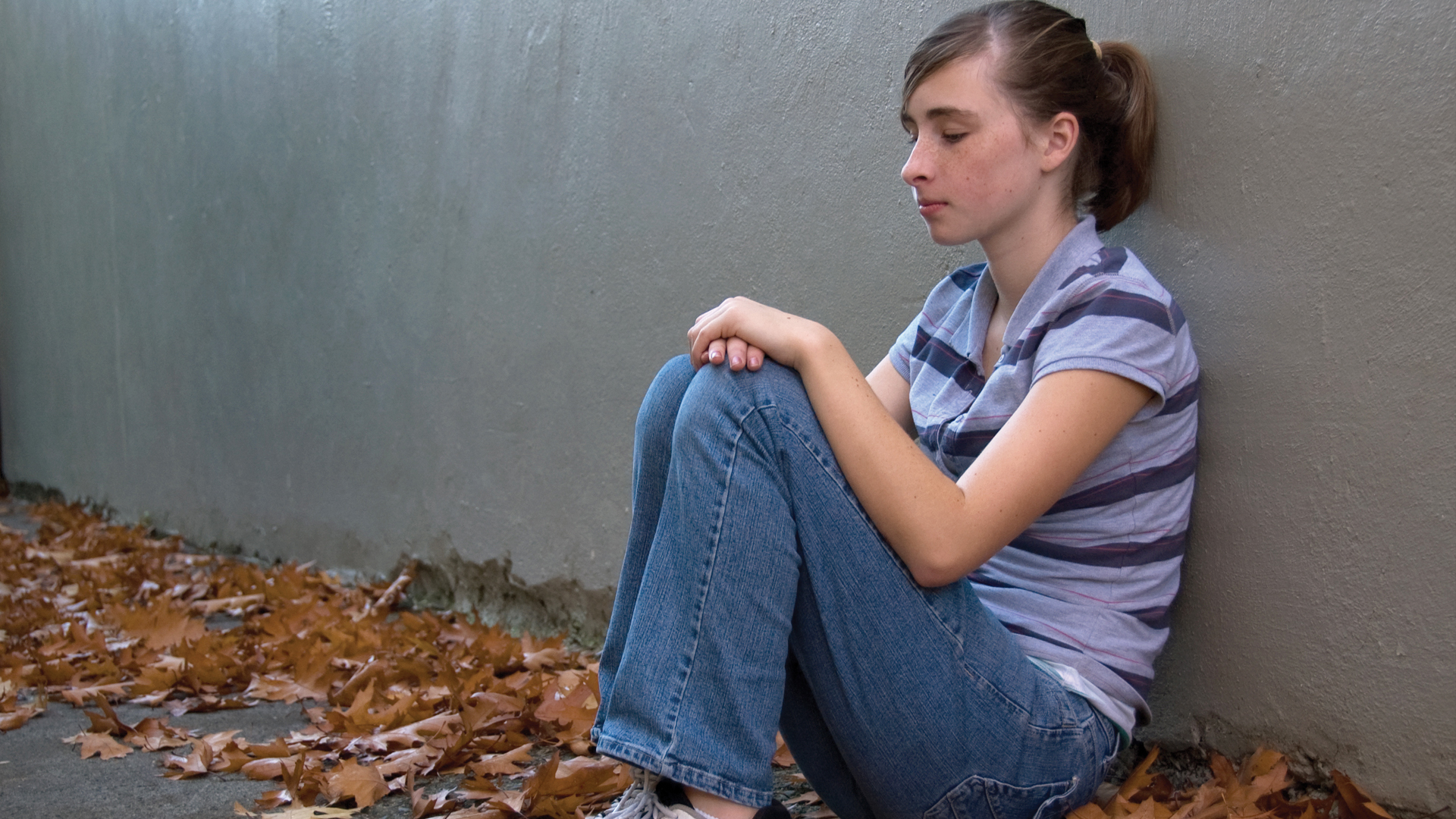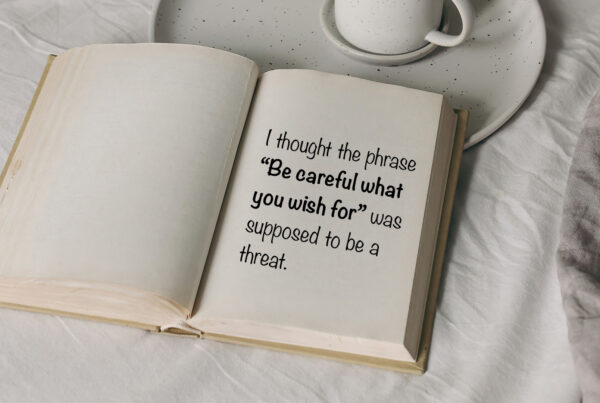Working with the Aevidum organization, Healing Magazine posed a series of questions to youth in their programming, about mental health issues in their experience. Here are their responses:
——————————
Healing Magazine: Do you personally know someone struggling with their mental health? If so, how does that affect your relationship with them?
- I myself struggle with my mental health. Both my closest friend and my partner have struggled with theirs and still sometimes fall back into a dark spot. Because we have all been there, we are able to help each other out and sort of offer solidarity with each other. We have made pacts to get better together. We have grown closer by standing by each other. However, sometimes when we are not able to help each other enough it can be draining, and all I can do is recommend they get a therapist.
- Having a relationship with someone who is struggling with their mental health can also take a toll on your mental well-being. In a relationship with them, you may constantly feel that you need to help them with their suffering which then adds to your layer of stress. Helping someone who is having a difficult time is a beautiful thing as long as you are mindful of your own mental health.
- Yes. I think that although talking to someone that struggles with mental health at times has made me more stressed, it has also made me a more empathetic person. Moreover, meeting people that struggle with anxiety has made me aware of some of my personal struggles with anxiety.
- Yes. Honestly, it brings us closer. I have an understanding of where they are coming from and their struggles. this grants us the ability to see and hear one another better than most other people. It gives us the opportunity to share mechanisms that might help with coping and our struggles with mental health.
- Yes, my best friend from middle school struggles with her mental health. It has not really affected our relationship because I recognize her behavior and how to react to it.
———————–
HM: What is something you believe adults don’t understand about their kids’ mental health situation?
- Adults sometimes discredit their children’s mental health because they believe that their kids have no reason to feel that way. Growing up is difficult, and all kids want their parents to support them.
- I believe adults do not understand how or why their child is struggling with mental health. There are a various number of reasons on how one can struggle with their mental health and some parents cannot see that their child might be struggling because they do not, or have not faced the same difficulties before.
- I have found that kids feel that they have to get “really bad” and often times “physically bad” to be taken seriously by adults. I did not start getting help until I confessed that I had been harming myself and fantasizing about various ways to die. Adults seem to dismiss kids’ mental health situation until it gets “bad enough” to get professional or serious help, instead of catching it early.
- I think parents often times don’t understand the need for kids to take a break, which could lead to burnout. Sometimes parents push kids to take on too much which might prevent the kids from having fun.
————————-
HM: Before Covid, mental health treatment carried with it a stigma in the general society. Is it still a subject that you and your peers have difficulty discussing? Why or why not?
- Mental health has constantly been carried with a social stigma even after the pandemic. This stigma derives from a lack of understanding or misleading representations of mental health disorders and unfortunately causes many people to remain silent about their mental health. Many have difficulty discussing their mental health concerns despite their sufferings due to their fear of judgment from others. This fear caused by the social stigma limits hundreds of people around the world from advocating for themselves. Many must begin to recognize the incredible amount of importance mental health treatment has in our everyday relationships and break the stigma that society has created towards it.
- I think mental health is something that should be discussed more in schools and among peers because it truly goes unnoticed or unspoken about, yet all around school you see kids struggling. Pressures during the school year put so much stress and anxiety that is not dealt with, and students’ mental health takes a toll, whether they or others notice it or not. I think it is joked about sometimes among peers, but in a way we know we all feel the same way; tired and drained.
- Sometimes mental health can still be stigmatized where peers believe they are speaking out for attention. I do believe that the negative stigma surrounding mental health has gotten better, but we still have a lot to do to normalize it.
- I think parents and teachers don’t understand the struggles this generation deals with, the growing use of social media along with a heavier workload and emphasis on success and perfection is at an unprecedented level. Students feel unheard or don’t know how to bring issues up, avoiding meaningful conversations that need to be brought to light.
- In a way, yes. Mental health affects everyone whether they know it or not (from stress to pretty much anything) and it is a very real thing. It hurts to know that there are people that don’t believe in struggles with mental health and do not see it/care for it as an important factor of life in general.
- With my close friends, I am very open discussing mental health because I know that we have all been in the same place. However, with my school friends, sometimes I fear that they will look at me differently if I tell them that I have and self harm addiction, or an eating disorder, or sometimes fantasize about death. I don’t want to be viewed as delicate, or emo, but most importantly, I don’t want their first feeling towards me to be worry. I want them to be able to see me as me, and not as my worst.
————————————–
HM: Are there services available for you or your peers who may be facing mental health challenges – and what’s your opinion about them?
- Yes, our school provides great counseling services. Each grade has its own assigned counselor, but students can reach out to any of them. I think the large variety of counselors available with differing personalities ensures that every student has someone to talk to.
- Yes, there are many different services for anyone of my peers or I to reach out to. There are school counselors, friends, parents, teachers, and many more that are more than happy to help and listen to anyone who needs it. I believe they are always a great option for one needing someone to talk to.
- Thankfully, there are many available services for those of us who could be facing mental health challenges. These services include school counselors, therapists, or even trusted family members. I am forever grateful to have these resources for help. I believe that having these services helps many who may be having a difficult time with their mental health. These services provide a safe space free from judgment to help people in their mental health journey and positively affect their well-being.
- We are lucky to have a great counseling staff at our school. I feel comfortable talking to my counselor as she is extremely understanding and welcoming, though it doesn’t always fix the stress and anxiety faced the rest of the time. Sometimes counselor services offered at schools seem intimidating and I don’t know how to use them or if I even should. I think there should be more resources or information for opportunities to talk to counselors or groups in the school that seem less “scary” when first reaching out.
- I think the mindfulness movement is growing as many people see the values of meditation. In our AP Seminar class and even in Environmental Summits, the practice of focusing and self-understanding are great ways to self-direct and reflect without getting trapped in comparison.
- Lifelines are available for mental health: calling or texting 988 can connect people with trained counselors that help people with emotional distress
- I absolutely adore my school counselors; they have helped me and my school peers tremendously. Unfortunately, not every school is blessed to have as amazing counselors as mine and therefore I don’t feel confident referring my outside of school friends to their councilors. Therapy is expensive. Online emergency contacts only help in the short term, if at all. And not everyone has trusted adults that they can rely on. Personally, I am surrounded by a huge support system with wonderful services, but I cannot say the same for my friends.
————————————–
HM: What services do you think should be MORE accessible, but aren’t?
- I strongly believe that school counselors should be easily accessible and trustworthy. I also strongly believe that therapy should be more accessible by both cost and the process of finding a therapist. Psych wards can be helpful, my brother had a truly positive and impactful experience, but many have given further trauma to my friends. My brother was able to attend an expensive, well-funded mental hospital. That luxury is rare for people struggling with mental health. Mental hospitals rarely treat patients with empathy and patience. Either mental hospitals need to be universally improved, or the “good” ones need to be more accessible to the masses.
- I think access to counselors and monitored goal setting in schools can help kids who struggle with low self-esteem. Having check in periods with teachers and a guidance counselor can help high schoolers develop their passions while maintaining a strong academic performance.
—————————————-
HM: Do you want to share any other thoughts about mental healthcare for your generation?
- Mental healthcare can easily become overlooked; however, it should be considered one of the most important areas of someone’s health. Struggling with mental health can affect someone mentally and physically, creating multiple areas of concern. With proper healthcare, many will be able to gain support and grow from their mental illness by learning different ways of coping.
- Schools need to prioritize mental health by having classrooms with more windows and being more receptive of students’ complaints about homework. One of the biggest triggers for my suicidal ideation is the workload assigned by my teachers.
- I think mental health is so overlooked in our generation, and you can look at many students and see that they are struggling, but going unnoticed. Mental health should be normalized and taught, because frankly many kids are suffering in silence all around us, especially in schools. The more we make everyone feel understood and heard, the more this stigma around mental health can be broken.
- I think overall mental health is best done by micromanaging our lives with targets/goals. The struggle to get out of bed is a real struggle, and I think the best way this can be overcome is having pods of people interact and set challenges that allows both people to grow. A little like peer tutoring, I think people would benefit from goal-setting partners for people who have similar interests.
- I think that therapy should be more normalized for our generation. Even if people do not have distinct traumatic experiences, everyone can benefit from sharing their feelings and experiences.
- The social stigma against mental healthcare must stop in order for more people to advocate for their mental health needs. This generation should approach mental healthcare with an open mind and hope for positive awareness. The people who are aware that mental health is one of the most prominent issues throughout the world will be the ones who lead to more solutions and a brighter future for those who are suffering across the globe.
- Society plays a large role in how we look at and treat ourselves and others. There are unhealthy societal norms that in no way should be considered normal, but yet we give into them anyways. This often leads to mental health issues that become more serious without help. What people should know is that help is always there, whether it’s a fellow peer, parent, or professional. In no way, shape, or form should asking for help be frowned or looked down upon.
——————
For more information about Aevidum: https://aevidum.org






